Job Interview Tips to Find the Perfect Candidates
Holding an effective interview can be the difference between finding that perfect person for the job and trying to salvage a hiring nightmare.
Preparation is key here. Having the right job interview questions prepared beforehand can ensure you tick every box, getting all the information you need around qualifications, experience and cultural fit from each applicant. But where should you start? Here is a selection of our top interview tips and some example questions to ask your candidates.
Interviewing Tech Candidates
Although it may seem obvious, determining exactly which skills are required for the specific role before interviewing is of vital importance; while there should have been some indication in the job ad, you need a clear understanding of what experience and abilities are your ‘must-haves’ for each applicant, and which skills are negotiable.
Let’s say you have a candidate come in to interview who has decent experience and some of the key skills you’re looking for but doesn’t fit the position entirely. However, they have a great attitude and you can see them getting on well with the existing team. Could you be open to upskilling or providing on-the-job training?
The truth is, most candidates will not fit the bill 100%, so knowing what is essential to the role – and where to be flexible – will make all the difference when comparing applicants.
The best way to determine if a candidate is worth investing in is through behavioural interview questions. These questions serve to expose their past behaviours throughout different situations and experiences – how they responded to certain things which may come up again in this role. Common sense tells us that the way they acted in the past is likely how they will act in the future, so these questions should form the bedrock of your interview.
Example Questions to Ask
Now that you know what you’re looking for, getting those ideas across effectively is the next step. Questions should be open-ended and invite discussion, while also being direct enough to ensure that you’re getting a fully considered and multi-layered answer. Here are some potential questions to get the ball rolling:
General Interview Questions
- What are your greatest professional strengths?
- How do you handle unexpected issues in your work or team?
- Where do you see yourself in five years?
Example Behavioural Interview Questions
- What is an example of a mistake you made during the job and how you resolved it? What did you take away from the experience?
- Your CV mentioned [these successful projects]. Can you tell us the biggest challenges that came along with these achievements and how you overcame them?
- Describe a time you received negative feedback and your response to this experience.
- Tell us about a time that you contributed towards company processes and how that idea was put into action.
Questions like these are just the beginning. Don’t be afraid to dig deep; you always want to avoid topics that can be answered with a simple ‘yes’ or ‘no’, while being open to answering similar questions from the candidate. After all, an interview should be a dialogue, where the company is selling itself to the candidate as much as the candidate is selling themselves to the company.
Think about your own answers ahead of time in case these questions come up. If a candidate is engaged enough with the process to ask questions back, they’re probably worth giving further consideration.
Following Up Effectively
The stage that comes next is an integral part of the interview process is: following up. When the market is short of talent, candidates will have greater choice in jobs and companies will have to be competitive to snatch the best talent; keeping communication open is one way to hook them in and avoid losing out.
Being quick to follow up with a response keeps the candidate ‘warm’ and onboard – even just getting in touch to let them know where you are in the process if there’s been a delay will be greatly appreciated.
Many companies use email as their primary source of communication, but we always like to encourage using phone calls – or even video calls if the candidate has to travel in. These ways of communicating can be more personal and immediate, and really show a candidate that you’re invested in their future with the company.
Summary
Whatever job level you’re interviewing for, having a cohesive strategy and strong interview questions will help you find the top candidates every time.
One way to develop these tools is to speak to an expert recruiter. We can work with you to manage your tech recruitment process and put steps in place to achieve your ideal results. To get started, have a chat with one of our friendly team any time.






